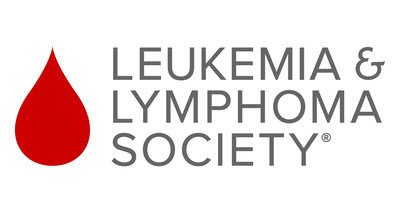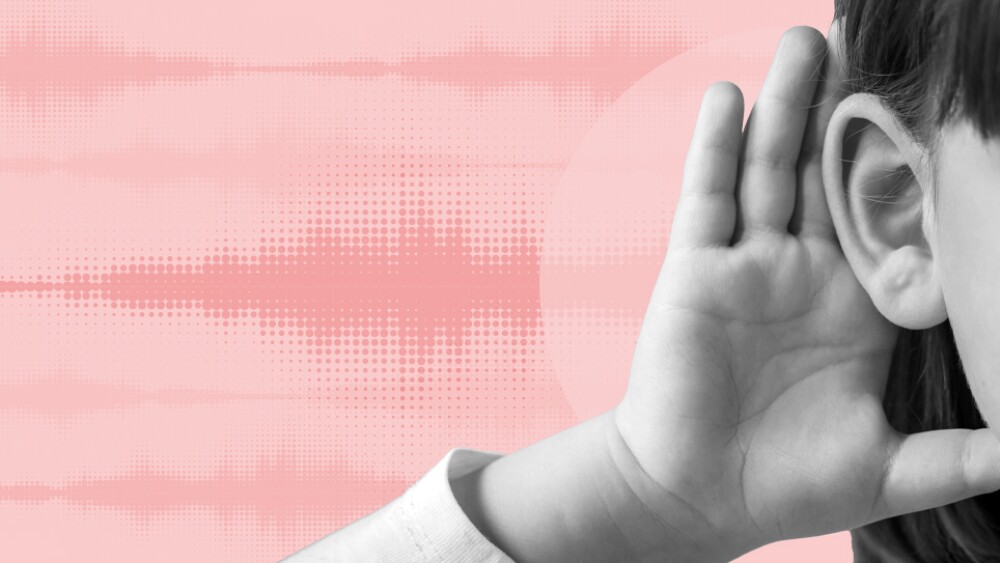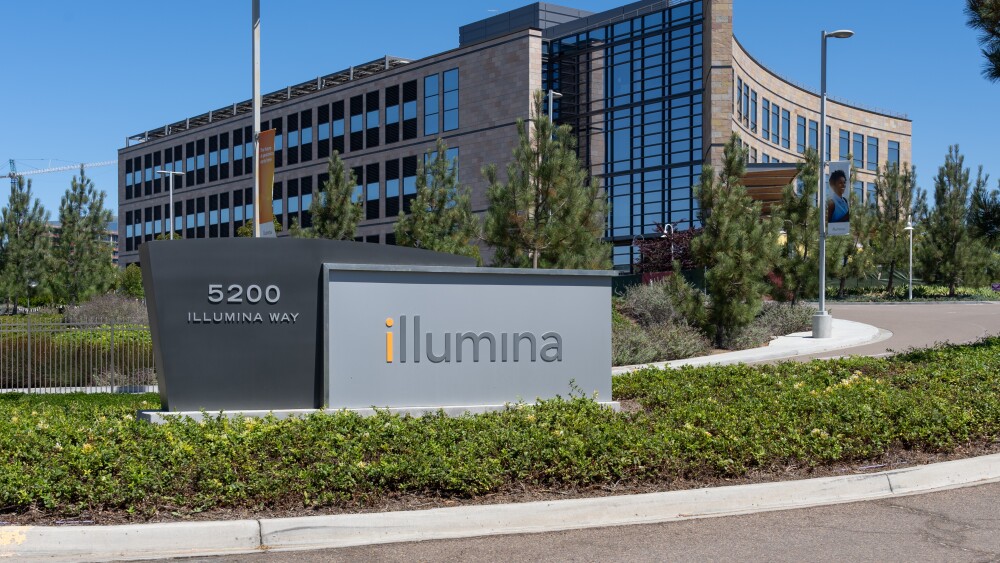Nearly 1 in 3 blood cancer patients and survivors say they are unlikely to get a COVID-19 vaccine, or unsure about it, despite their heightened risk
Nearly 1 in 3 blood cancer patients and survivors say they are unlikely to get a COVID-19 vaccine, or unsure about it, despite their heightened risk
RYE BROOK, N.Y., March 8, 2021 /PRNewswire/ -- A new survey of more than 6,500 U.S. blood cancer patients and survivors reveals that only half are very likely to get a COVID-19 vaccine while one in three is either unlikely or unsure about it. The nationwide survey was a collaboration between The Leukemia & Lymphoma Society (LLS), Boston University Questrom School of Business and The Behaviouralist, a London-based research consultancy.
The results come despite the serious risks facing blood cancer patients. Some early studies suggest around half of blood cancer patients hospitalized with COVID-19 will die from the disease.
“These findings are worrisome, to say the least,” said Gwen Nichols, M.D., LLS Chief Medical Officer. “We know cancer patients – and blood cancer patients, in particular – are susceptible to the worst effects of this virus. All of us in the medical community need to help cancer patients understand the importance of getting vaccinated.”
“Blood cancer patients are being given preferential access to limited vaccine supplies in many communities, but that doesn’t mean they are willing and able to get vaccinated,” said Rena Conti, Dean’s Research Scholar and Associate Professor at Boston University Questrom School of Business. “We need both adequate supply and strong demand to keep this vulnerable population safe.”
The survey is the largest to date asking cancer patients and survivors about their attitudes towards COVID-19 vaccines.
There have been widespread reports that cancer patients and survivors across the country have struggled to obtain the vaccine. The newly-released survey results add another wrinkle to that story: a large portion of cancer patients may not feel comfortable getting the vaccine, even if it’s made available to them.
The most common reasons cited for hesitancy were concerns about side effects and a belief that the vaccines have not been tested properly. There is no reason to believe COVID-19 vaccines are any less safe in patients with blood cancers. There are concerns, however, that patients with some types of blood cancer or undergoing certain treatments may not mount the same immune response from the vaccine as the general public. Cancer patients were largely excluded from COVID-19 vaccine trials.
LLS has launched the LLS National Patient Registry, open to anyone with blood cancer, to help answer important questions about vaccine effectiveness.
“Right now, we’re missing key data – and patients know it,” Nichols said. “That may be one of the reasons they’re skeptical. By improving our understanding of how blood cancer patients and survivors respond to these vaccines, we can develop better strategies to protect them from COVID-19.”
LLS also plans to repeat the survey soon to assess cancer patients’ and survivors’ evolving access to vaccines and willingness to get vaccinated. This effort will help improve future educational and outreach efforts to this vulnerable community.
In the meantime, LLS advises blood cancer patients to discuss vaccination with their oncologist and healthcare team as soon as possible so they can make an informed plan of action when a vaccine becomes available to them. Well over 100 leading cancer organizations have underscored the urgency of prioritizing vaccine access for cancer patients and survivors, and CDC guidelines prioritize cancer patients in the “1c” vaccination group.
About the Survey
Patients and survivors included in The Leukemia & Lymphoma Society’s database were surveyed during the first three weeks of December 2020. During that time, the U.S. Food and Drug Administration granted Emergency Use Authorization to both the Moderna and Pfizer–BioNTech COVID-19 vaccines.
Six in 10 (59.8%) of the 6,516 respondents were female, 86% identified as white, 6.5% as Black or African American and 4.7% as Hispanic or Latino/a. The average age of the respondents was 64 years and most (70%) had an Associate’s degree or more.
Seventy percent said they are either very likely (50%) or likely (20%) to get the COVID vaccine. The remaining 30% said they are very unlikely (8%), unlikely (9%) or neither likely nor unlikely to get vaccinated (13%).
Read more about the results here.
About The Leukemia & Lymphoma Society
The Leukemia & Lymphoma Society® (LLS) is a global leader in the fight against cancer. The LLS mission: cure leukemia, lymphoma, multiple myeloma, and improve the quality of life of patients and their families. LLS funds lifesaving blood cancer research around the world, provides free information and support services, and is the voice for all blood cancer patients seeking access to quality, affordable, coordinated care.
Founded in 1949 and headquartered in Rye Brook, NY, LLS has regional offices throughout the United States and Canada. To learn more, visit www.LLS.org. Patients should contact the LLS Information Resource Center at (800) 955-4572, Monday through Friday, 9 a.m. to 9 p.m., ET.
For additional information visit lls.org/lls-newsnetwork. Follow us on Facebook, Twitter, and Instagram.
About Boston University
Founded in 1839, Boston University is an internationally recognized institution of higher education and research. With more than 34,000 students, it is the fourth-largest independent university in the United States. BU consists of 17 schools and colleges, along with the Faculty of Computing & Data Sciences and a number of multi-disciplinary centers and institutes integral to the University’s research and teaching mission. In 2012, BU joined the Association of American Universities (AAU), a consortium of 65 leading research universities in the United States and Canada.
About The Behaviouralist
The Behaviouralist is a research consultancy specializing in understanding, and changing, human behavior. Founded in 2014 by professors Robert Metcalfe and Robert Hahn, the team at The Behaviouralist has worked with governments, utility companies, charities, and other organizations on challenges related to public health, resource conservation, tax compliance, sustainable transportation, and workplace productivity. For more information, please visit www.thebehaviouralist.com.
Media Contacts:
Ryan Holeywell
The Leukemia & Lymphoma Society
ryan.holeywell@lls.org
(202) 277-0802
Michael Sherry
Belfort Group (on behalf of Boston University Questrom School of Business)
Mike@thebelfortgroup.com
(617) 646-3318 (Direct)
(201) 615-2218 (Mobile)
Jesper Akesson
The Behaviouralist
jesper@thebehaviouralist.com
+44 7554 370 524
![]() View original content to download multimedia:http://www.prnewswire.com/news-releases/new-survey-reveals-covid-19-vaccine-hesitancy-among-those-with-cancer-diagnosis-301241069.html
View original content to download multimedia:http://www.prnewswire.com/news-releases/new-survey-reveals-covid-19-vaccine-hesitancy-among-those-with-cancer-diagnosis-301241069.html
SOURCE The Leukemia & Lymphoma Society (LLS)





